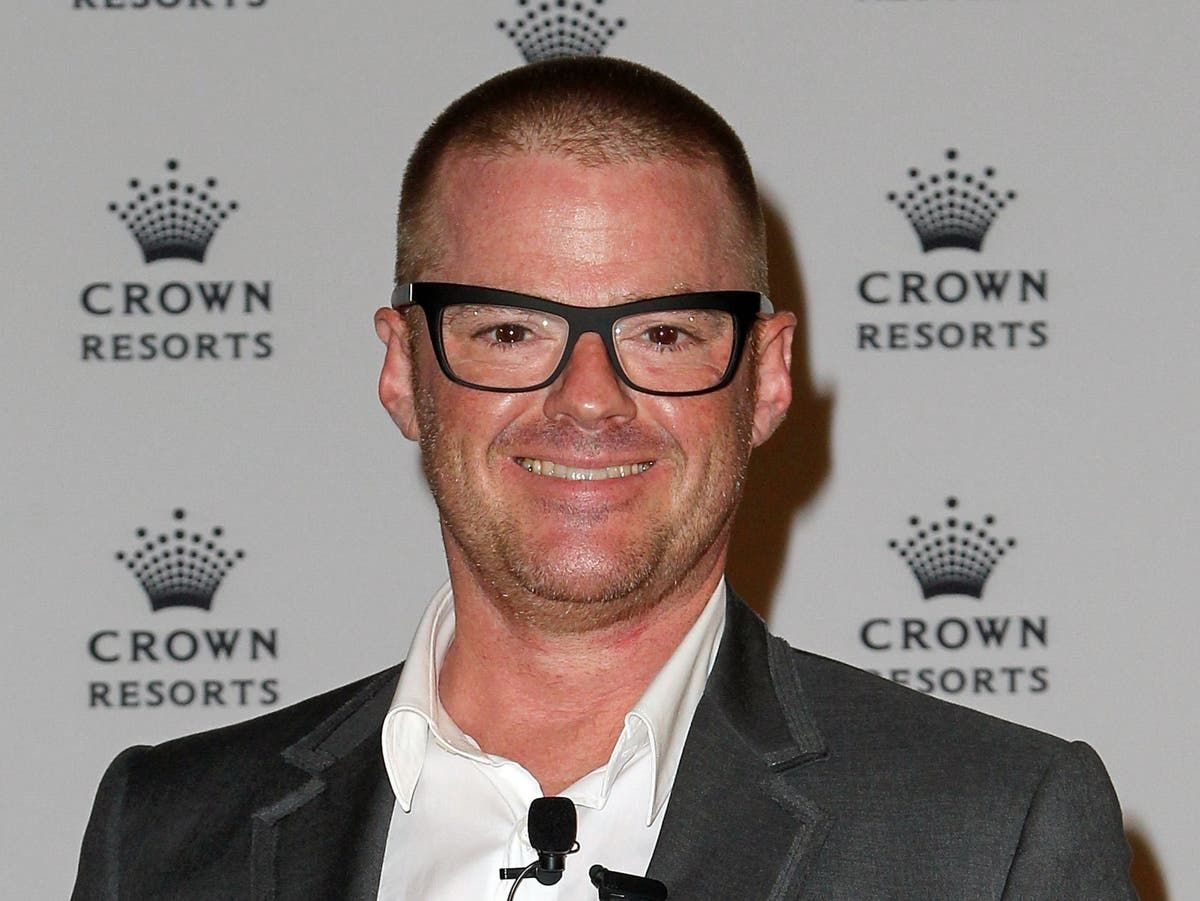Heston Blumenthal has revealed that he has been diagnosed with bipolar disorder and is speaking out about the illness to break the stigma around neurodivergence in the workplace.
The esteemed chef, 57, is best known for his extravagant recipes, such as snail porridge, which have made him a household name and a familiar face on television.
Blumenthal, who was previously diagnosed with ADHD in 2017, described his neurodivergence as his “superpower” but said people like him are “woefully underrepresented” in the workplace.
He cited research he commissioned on the topic that found one in 10 respondents (11 percent) had diagnosed neurodivergence.
Of these neurodivergent people, 47 percent said they had found it more difficult to get a job and another 21 percent said they did not have any type of job.
Neurodivergence is a general term for people with a wide range of conditions that cause their brain function to differ from what is considered normal.
“These are people who may have exceptional skills and unrivaled abilities, but because of traditional ways of working, we are missing out on the brilliance they can bring to UK business,” Blumenthal said.
“I hope that being open about my own mental health will raise awareness of the issue and I want to campaign to highlight the contribution neurodiversity can make to the workplace.”
The chef then attributed his own creativity to being neurodivergent.
“My most artistic, innovative and exciting work is because I am neurodivergent, which I describe as my superpower,” he said.
“The world needs to move beyond outdated and archaic misinterpretations of perceived difference and embrace the opportunities that neurodiversity presents.”
As reported by the NHS, bipolar is a mood disorder that affects approximately one in 100 people and is characterized by extreme mood swings that are both low and high.
Sinead Devine-French, chief scientific officer at The Positive Group, said: “Embracing neurodiversity in the workplace is not just a nice-to-have, it can be a strategic game-changer.
“Recognizing that each individual brings a unique combination of strengths, cognitive experiences and perspectives enriches our thinking and fuels our creativity.
“Front-edge leaders know all too well the dangers of the echo chamber. Increasing neurodiversity is their secret weapon to ending this, enhancing the collective intelligence that thrives within diverse teams.”












